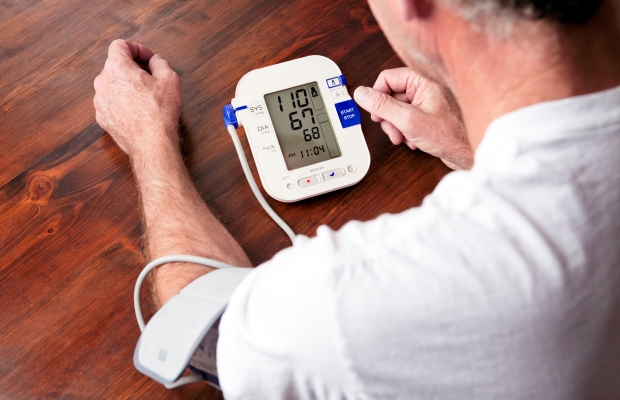Medical appointments are more likely to be by phone or video than ever before. That’s one of the ways in which the pandemic and its aftermath has changed our health system.
They can have several advantages – you don’t have to travel, or wait around at the hospital or surgery, and it can help to stop the spread of infections. However, some people tell us they find them more challenging, that it could feel harder to communicate, or you might not feel comfortable talking on the phone or by video, or just because it’s something new. Whether or not that’s the case for you, try these simple tips.
Supporting you with getting the treatment you need
We know that many of you are experiencing delays to treatment at this time, or have questions and concerns about getting medical help. We've created this set of information to help you with these issues.
Before your appointment
- You will receive a letter, email, or text confirming the date and time of the appointment. Check what kind of appointment it is – is it a phone call or an online video call? You might be told it’s a “virtual appointment” or “online consultation”, or be sent a link to a website, in which case it is likely to be an online video call.
- Ensure your hospital or surgery have your correct contact details.
- Write down a list of any symptoms you’re having, and any questions or concerns you have. Refer back to it in the appointment, so you can make sure you’ve covered what you wanted to say.
- Write down any medication and supplements you take, including the dose and the frequency, in case the doctor asks.
- Think whether you’d like to have a family member or friend with you - you might want to ask them to take some notes. If it’s a phone call, you could still do this if you put the phone on loudspeaker.
- Have your latest medical letter to hand and think about whether there is anything in it you want to ask about.
- Choose a quiet private place where you won’t be disturbed and try to minimise any background noise.
- If you wear glasses or use a hearing aid, make sure you have them with you.
- If it’s a phone appointment, ensure your landline or mobile connection is working OK beforehand. Bear in mind the number used to call you may show as ‘withheld’.
- At the end of the appointment, ask what the next steps are. Make sure you understand and ask anything you’re not sure about.
We’re here for you with information and support with your heart condition
Our fortnightly Heart Matters newsletter includes the latest updates about tests, treatments and research into heart conditions, as well as support for healthy eating, staying active and your emotional wellbeing.
I’d like to sign up
Back to top ^
Video appointments
A video appointment is where you speak to the doctor using the video camera in your computer, tablet or smartphone, using your internet connection. Online video appointments can work really well, but a bit of preparation helps. Here are some simple tips.
- If you have a smartphone (a mobile phone with an internet connection), you can use that – you don’t have to have a computer.
- You will be given instructions on how to join the appointment. Different hospitals and surgeries have different systems. Some will require you log in and enter your details such as your name and date of birth. Others will send you a link that you click on at the time of your appointment, then you will enter a virtual waiting room, where you wait until your doctor joins you on video. Most systems allow you to practice logging on or joining the waiting room beforehand, which can be helpful.
- You might want to test everything is working before the appointment, e.g. is your camera, speaker, and microphone working OK?
- Try to carry out the appointment over wi-fi to get as good a quality connection as possible. Sit wherever in your home has the best internet connection – often that will be near your wi-fi router.
- Choose somewhere well lit, and avoid sitting with the light behind you, as it will be harder for the doctor to see your face.
- Occasionally there may be a delay with your doctor contacting you, maybe because the previous appointment has overrun. However, if they don’t contact you after a while, contact the relevant department number or the surgery.
- When the call starts, check your full face is in the camera.
- Don’t panic if you can’t get connected straight away. The doctor will be used to this kind of thing happening, so don’t worry. If the video doesn't work or you don’t have internet access you’ll be able to speak on the telephone instead.
Back to top ^
What to read next...







